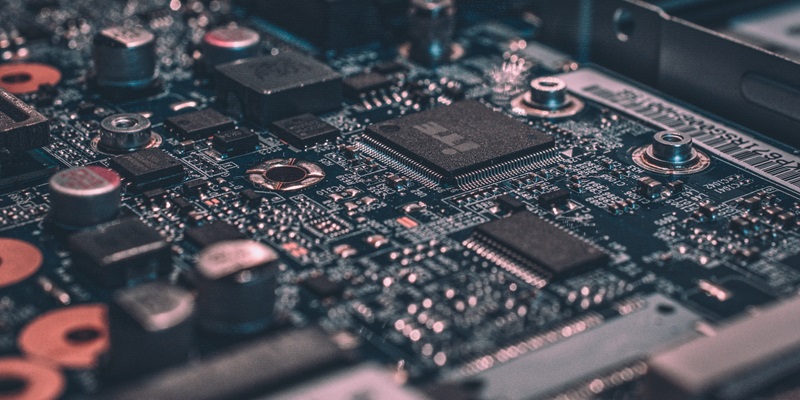The PC industry has been closely monitoring the potential impact of tariffs on Chinese imports, particularly on essential components such as graphics cards, motherboards, SSDs, and power supplies. These tariffs, initially introduced by the Trump administration, impose a 25% duty on imported PC components from China. However, the Biden administration has repeatedly delayed the reinstatement of these tariffs, citing concerns about their burden on consumers and the current economic climate.
Background on the tariffs
Under the Trump administration, the tariffs on Chinese imports were implemented as part of a broader effort to address trade imbalances and promote domestic manufacturing. These tariffs, including the 25% duty on PC components, aimed to protect American industries. The PC industry, heavily reliant on Chinese imports, was significantly impacted by these tariffs, leading to concerns about supply chain disruptions and increased costs for consumers.
Delayed reinstatement of tariffs
The Biden administration’s postponements in implementing the tariffs indicate a shift in approach. Recognizing the potential adverse effects on consumers, the administration has prioritized gathering feedback from industry stakeholders before proceeding. The Office of the US Trade Representative (USTR) has requested additional time to assess the potential consequences of the tariffs and consult with key players in the PC components industry.
Latest delay to May 31st
The most recent delay extends the timeline for the reimplementation of tariffs to May 31. The USTR’s decision stems from the need to collect valuable input and viewpoints from manufacturers, retailers, and consumers affected by these tariffs. This delay provides temporary relief to consumers, as it ensures that PC components will not immediately become more expensive. The PC industry, eager for clarification, eagerly awaits the outcome of the consultation period.
Potential positive impact for consumers
The delay in implementing the tariffs offers a glimmer of hope for consumers. Without an immediate price hike due to tariffs, individuals looking to upgrade their PCs or build new systems can proceed without incurring extra costs. This temporary reprieve is particularly crucial given the already steep prices of high-end graphics cards and the anticipated price hikes in SSDs. Nevertheless, consumers should remain vigilant, as the possibility of tariffs being delayed again or even abandoned entirely remains.
Uncertainty surrounding the tariffs
The Biden administration’s concerns about the burden placed on consumers and the broader economic context have led to uncertainties regarding the future of these tariffs. With inflationary pressures and economic challenges intensifying, the administration is carefully weighing the potential consequences of imposing additional costs on PC components. While the delays indicate a reluctance to burden consumers further, the ultimate decision on tariffs remains uncertain.
Concerns about rising prices
The potential for tariffs has brought attention to the already expensive nature of PC components. High-end graphics cards, in particular, have seen substantial price increases due to factors such as global supply constraints and high demand from both gamers and cryptocurrency miners. Additionally, SSDs, which play a crucial role in boosting system performance, are expected to experience price hikes in the near future. Any further increase in prices resulting from tariffs would only exacerbate the challenges faced by consumers in securing these essential PC components.
The PC industry’s anticipation of potential tariffs on Chinese imports has been met with delays and uncertainties from the Biden administration. With the latest delay pushing back the reimplementation of tariffs to May 31, consumers can breathe a temporary sigh of relief, as PC components won’t immediately become more expensive. However, the future of these tariffs remains uncertain, and while there are concerns about rising prices, the Biden administration has expressed hesitations regarding the burden on consumers and prevailing economic conditions. As the Office of the US Trade Representative gathers feedback from industry stakeholders, the industry and consumers will continue to closely monitor developments, hoping for a favorable outcome that safeguards both the PC industry and the interests of consumers.

